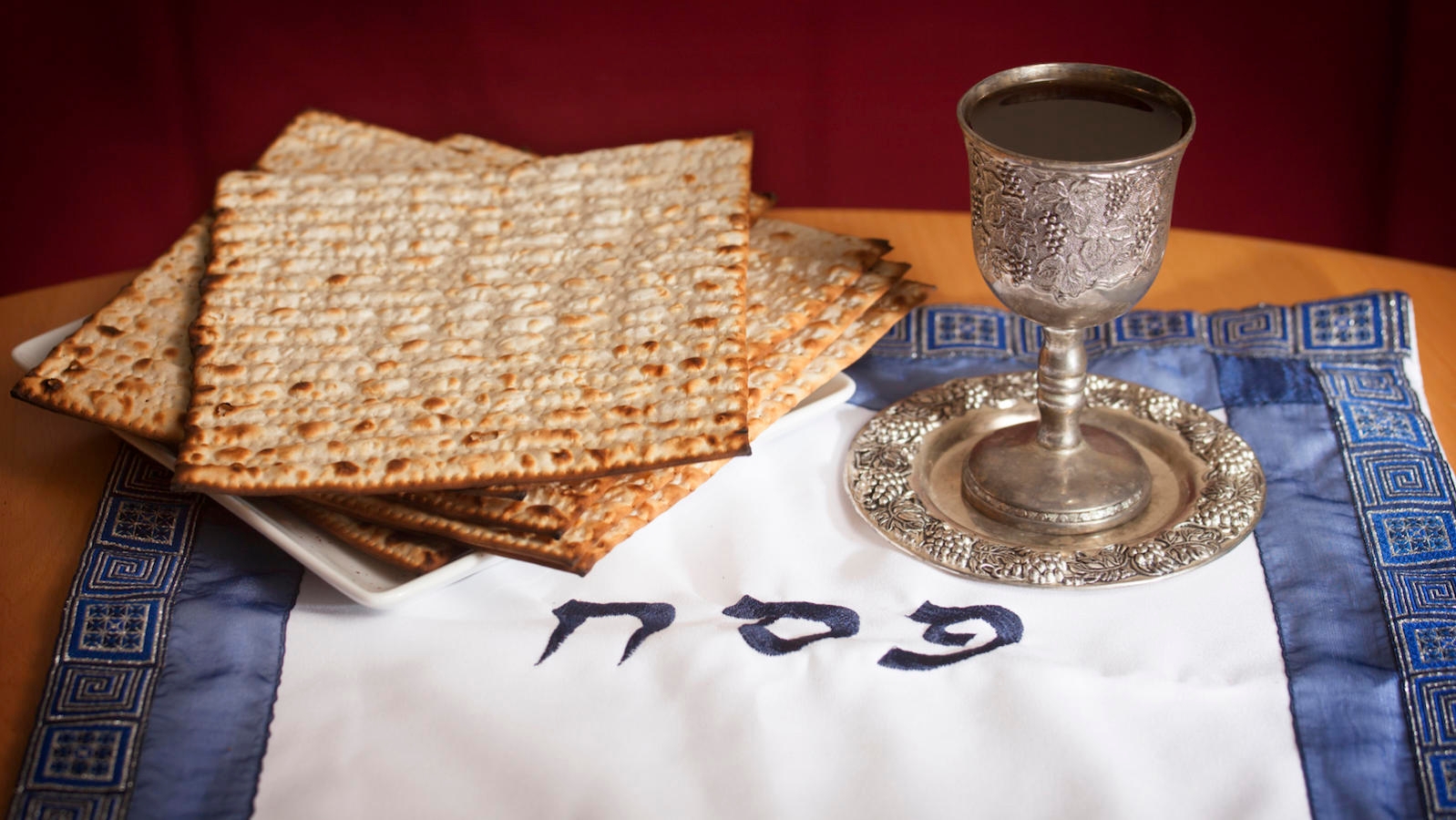Question: Every year my seder is a mess. Half the family wants to do the whole haggadah from start to finish, discussing every section. The other half of the family just wants to get to the meal already, and complains about those who want to have a longer discussion. How can I keep everyone happy?
–Dina, Chicago
Answer: I know exactly how you feel, Dina. I’ve been to many a seder with a division like yours. Some people are just more inclined to get excited about the seder than others. But there are some ways to make the whole thing more palatable to everyone.
I spoke with David Wolkin, Coordinator of Elementary and Family Learning at Temple Emanu-El in New York, about your conundrum. He said, “The seder as a ritual brings home a lot of what is difficult about Jewish life. It’s forcing a family dynamic. But in my opinion it’s the best curriculum that’s ever been written because it’s designed to teach and it’s also designed to be changed.” Did you catch that part about change? That’s the key. David said, “No family should treat a seder as, ‘This is basically a book that we have to read tonight.’ It’s everyone’s job to find a way into the story that is being told.”
So how do you make sure that even the haggadah-haters at your seder connect to the story? David suggests putting the haggadah down, and maybe even sitting in the living room for the pre-meal portion of the evening. That way, you can recline, and relax. Nobody minds hanging out and talking in the living room for an hour before a meal, and the structure of the seder will feel more laid back when you’re not sitting at an elaborately set meal.
With your help, My Jewish Learning can provide endless opportunities for learning, connection and discovery.
David also recommended setting a time limit. Feel free to say, “From the start of the seder until the meal we’re going to spend an hour.” That way, those who are bored always know when it’s going to be over. It also prevents the people who love discussing everything from going on too long.
I also consulted with Vanessa Ehrlich, the Educational Director at Lakeside Congregation in Highland Park, IL. Vanessa said that her husband has implemented a great policy for their seder. Every year, he picks a theme for each seder, and he emails everyone who will be attending some readings having to do with that theme. That way, everyone shows up at the seder with some thoughts and reactions that can fuel the discussion. It also ensures that they don’t just end up taking turns reading the same tired old text.
Vanessa also recommended that when it comes time to dip the karpas in the salt water you serve some appetizers. According to Jewish law, the karpas can be any vegetable, and though most people use celery or parsley, feel free to use small chunks of carrot, or bell peppers. Anything smaller than a large olive will do. This takes the edge off of people’s hunger, which makes the rest of the discussion less stressful.
My own strategy for making sure everyone feels involved and no one gets too bored, is to ask each person or family to prepare something for a particular part of the seder. Maybe one person gets the four sons, and one person gets the four questions, and another person gets the ten plagues. Everybody has to try to teach something about their subject in about five minutes. This means everyone gets a chance to say something, so no one is hogging the discussion. And if you give everyone a five minute guideline, you also ensure that the seder moves along at a decent pace.
Of course, even with all of these suggestions you may have people who still just don’t want to do much sedering at all. In this case, try to agree on a bare minimum that everyone will enjoy. Maybe this means only twenty minutes of the maggid, or discussion portion of the evening, or maybe it means that instead of reading from the haggadah the little kids will put on a play. Whatever it is, try to negotiate something that everyone will agree to, and offer the option for anyone who wants to do more to do it after the meal. At that point, those who want to continue can be free to discuss until the sun comes up, and those who don’t can scrape dishes and pick at the desserts. Everybody wins, right?
Have a happy and controversy-free Passover!
Have a question for the Expert? Ask away!
seder
Pronounced: SAY-der, Origin: Hebrew, literally "order"; usually used to describe the ceremonial meal and telling of the Passover story on the first two nights of Passover. (In Israel, Jews have a seder only on the first night of Passover.)



